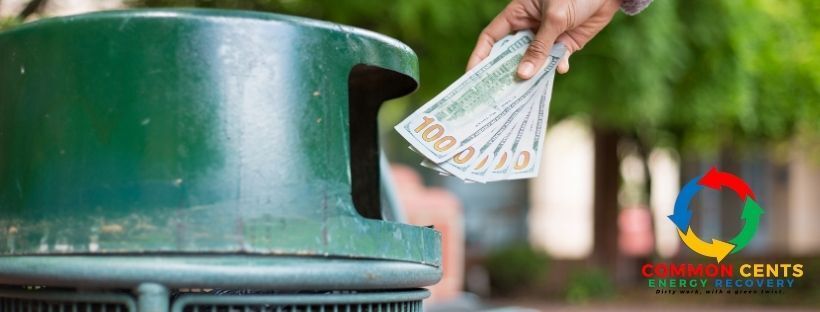


You are spending more money on energy consumption than you need to. Inefficiencies created by over-capacity and poorly conditioned airflow in your HVAC system cost you money. If you want to know exactly how much these issues are costing you, email me and in about 20 minutes we can show you.
Here’s the quick and dirty run-through on the dirty work we do, and how it can save your wallet in the long run.
We offer a scheduled regular maintenance program of your HVAC system, cleaning HVAC coils and Cooling Towers. Our procedure is environmentally-friendly, disposing of waste properly and efficiently so that you don’t have to worry about it.
A dirty coil cannot supply proper heat transfer and results in greater energy consumption. Did you know that equipment operating with dirty coils can use up to 37% more energy than those with clean coils? Additionally, your HVAC system’s cooling capacity can be reduced by as much as 30%.
These dirty coils increase operating pressure and temperatures that breakdown the compressor’s lubricant, and will likely result in an eventual equipment failure. A failed compressor means no cooling and costly repair for you as the business owner, but our services can help you to proactively prevent this.
Here are a few questions to ask yourself: does your airflow have a stale smell? Is your airflow weak? These could both be signs of system inefficiencies that cost you.
With nearly all the air in a building passing through your HVAC coils, they are repeatedly exposed to everything in that air. Even with good filtration, there can be a substantial buildup of dust particles, grease, and smoke. When airflow is managed properly, capacities and efficiencies improve, and the need for new or updated cooling units may be deferred.
Reducing capital costs also means reducing labor and downtime if your system malfunctions. Savings range anywhere from 15% to 20% depending on the unit, resulting in a dramatic decrease in your energy bill. Who doesn’t want to save money?
If any of this is striking a chord with you, I’d be happy to answer whatever questions you may have. If you’re in the greater Denver area, you can also schedule an onsite visit for a free commercial HVAC energy efficiency assessment of your needs.

